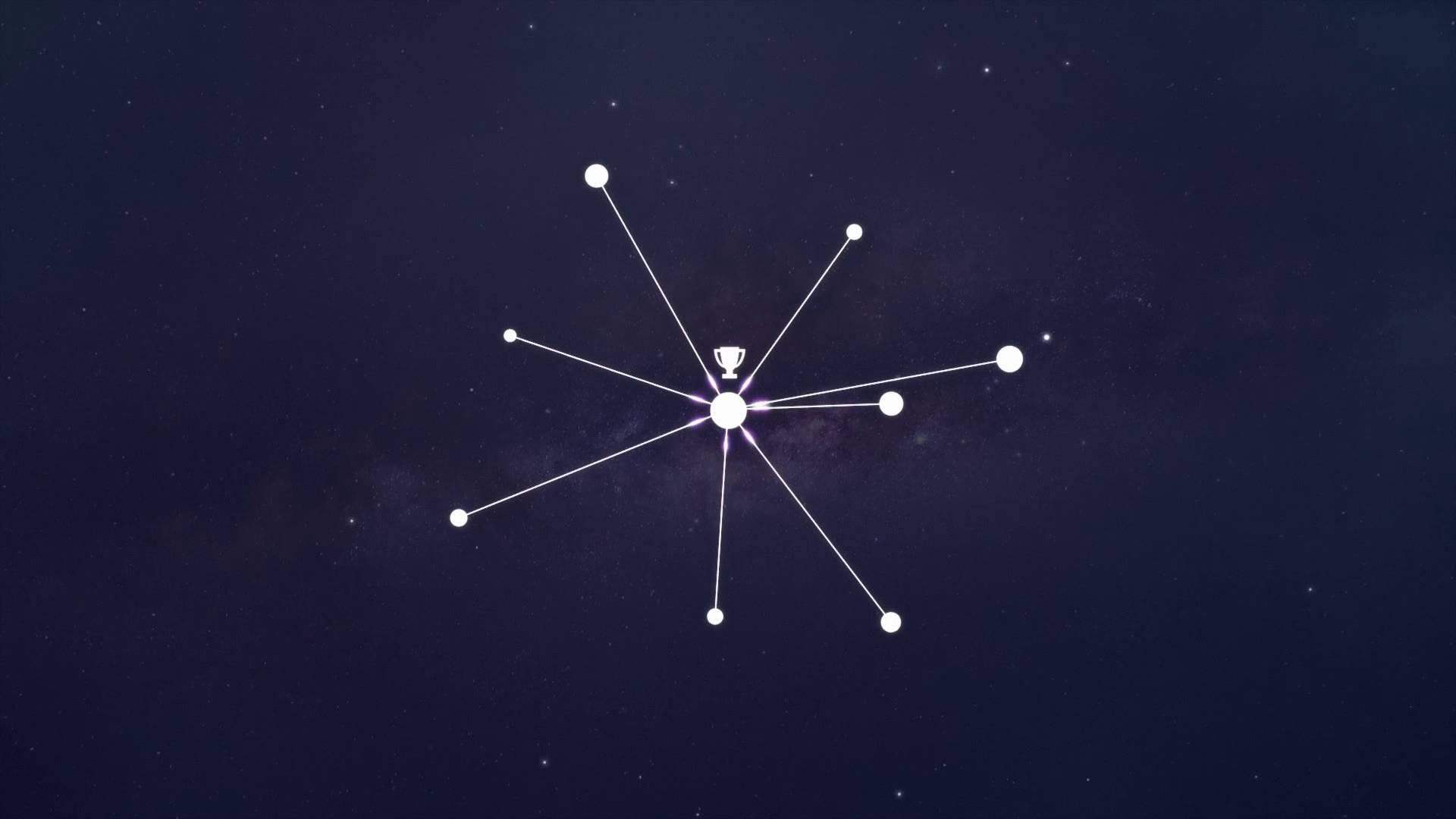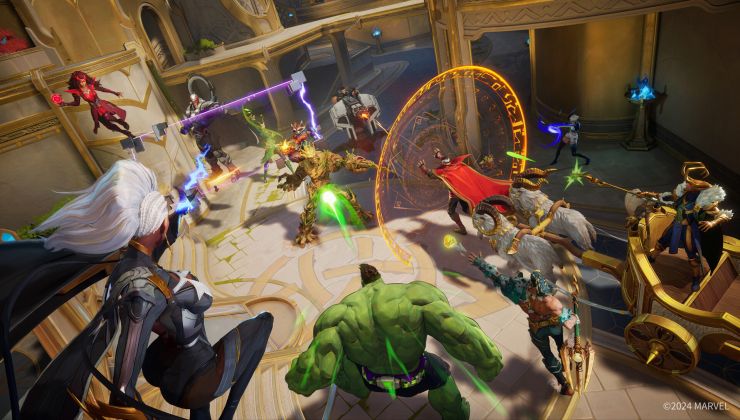A forum goer of GOG and occasional GamingOnLinux commenter of the name shmerl has been campaigning for this to happen, starting a wishlist item and a forum thread on GOG for users to vote and comment on the matter.
For those of you who do not yet know, GOG's Galaxy is akin to Valve's Steam, with a few differences.

Nevertheless, why should we give a flying fudge about whether or not Galaxy should be open source? Fenixp, a forum goer of GOG, tells us why:
Fenixp could not think of any downsides to open sourcing Galaxy, and I cannot come up with any issues with this either. Can you, and even if you can, do they carry enough weight to completely negate the presented advantages?
shmerl has also asked that I link to the following items regarding the documentation of the protocol and API of Galaxy to enable community alternatives:
Wishlist item
Forum thread
For those of you who do not yet know, GOG's Galaxy is akin to Valve's Steam, with a few differences.

YouTube videos require cookies, you must accept their cookies to view. View cookie preferences.
Direct Link
Direct Link
Nevertheless, why should we give a flying fudge about whether or not Galaxy should be open source? Fenixp, a forum goer of GOG, tells us why:
Fenixp
A) The part of the community who's capable at programming can make:
- Their own, personal branches of the application to suit their own needs.
- Collaborate on public branches, implementing functionality that GOG would never have thought of, with the possibility of GOG incorporating the best ones into the core application - that's free work for GOG and more options for every customer. Good example would be cloud saves, video streaming etc. - I'm willing to bet that if GOG doesn't implement them in the first place, this functionality will get into a usable state within weeks of community contribution. And best of all, GOG does not have to actually accept these features and incorporate them into the main release.
B) Developers! If GOG provides both API AND source code for the application, devs can actually make their own additions of features they would expect of the client - again, with no cost for GOG, but with the benefit of GOG saying whether or not that particular feature is acceptable.
C) The heightened security associated with open source software.
D) Free debugging/bug fixing. If there's a bug GOG can't quite murderize - a common occurrence in GOG's software - at one point or another, a community member will come out and do it for them. For free.
E) Talent hunting. Whenever GOG or CD-Project needs to expand their teams, suddenly they'll have a bunch of proven developers to choose from.
F) On Linux, the open source client can be packaged in system repositories.
G) Popularity. If GOG wants to expand to Linux world and releases an open source client, they suddenly get a lot of converts from Steam and a shitton of sales.
Fenixp could not think of any downsides to open sourcing Galaxy, and I cannot come up with any issues with this either. Can you, and even if you can, do they carry enough weight to completely negate the presented advantages?
shmerl has also asked that I link to the following items regarding the documentation of the protocol and API of Galaxy to enable community alternatives:
Wishlist item
Forum thread
Some you may have missed, popular articles from the last month:
All posts need to follow our rules. For users logged in: please hit the Report Flag icon on any post that breaks the rules or contains illegal / harmful content. Guest readers can email us for any issues.




 How to set, change and reset your SteamOS / Steam Deck desktop sudo password
How to set, change and reset your SteamOS / Steam Deck desktop sudo password How to set up Decky Loader on Steam Deck / SteamOS for easy plugins
How to set up Decky Loader on Steam Deck / SteamOS for easy plugins
Secondly, GOG's business is not impacted by them opening the client, because they don't sell it, they sell their service which only benefits from improvements in the client which can happen if it's opened. If it has a proper license, competitors will have to open their own additions to the client, so GOG is free to reuse that. That's even an upside really.
That's simple actually. Desura didn't work on it directly, and community was too small to develop it on par with the official client. If GOG will open theirs to begin with, they'll make sure that it works properly.
You need a GOG account to vote. Sure, signing up is free, but that's often reason enough for people not to bother.
Personally, I’m not interested in their client- or any client at all. But I do like the idea of the software being open source. I see no disadvantages but a whole lot of advantages should GOG.com go open source with their client.
IMO there are no downsides and only upsides to having it be FOSS.
Regardless, I'll be using their linux client either way :) .. but FOSS FTW 4eva
That would violate [freedom 0 of the four essential freedoms](https://www.gnu.org/philosophy/free-sw.html).
Without this freedom, it would by definition not be free software anymore. It would not be FOSS.
I think that was quite a good idea.
And the problem with that is? I don't see any. Or you worry that for example e-mail clients are fragmented?
It arises for example when a big enough group in the development team has different visions or opinions on how to do things ([XFree86 vs X.org](https://en.wikipedia.org/wiki/X_Window_System#X.Org_and_XFree86)), or when there's personal differences between the people in the team ([ffmpeg vs libav](https://en.wikipedia.org/wiki/FFmpeg#History)), or when there's been license changes people don't agree with ([RhodeCode vs Kallithea](http://ebb.org/bkuhn/blog/2014/07/15/why-kallithea.html)).
Is is almost never "unnecessary", there's always a reason necessitating the fork. And often, the users benefit from this, by gaining different options and choices.
I disagree. You need to release privative software if you want to include DRM, back-doors and other malware. It also makes the process of achieving a vendor lock-in easier.
Don't forget people who just think free software is evil. Restricting their rights you'll be more likely to sell them a limited license to use the software.
That's exactly the point. All those are evil purposes.